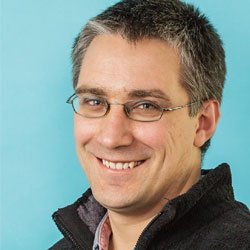A new initiative to explore how research waste can be reduced has been taken up by two researchers who chair HRA Research Ethics Committees (RECs).
Research that asks the wrong questions, is badly designed, not published or poorly reported can all be considered wasted – some commentators claim that the figure can be as high as 85 per cent of all research.
This not only diminishes the value of research, but puts patients at risk and represents a significant financial loss to research funders.
However, many causes of this waste are simple problems that could easily be spotted by RECs and perhaps fixed before the research even starts, such as appropriate randomisation or blinding of a clinical trial
The REWARD Alliance was established in 2015 to promote the reduction of waste in medical research. More recently, a REWARD working group was created to examine how those involved in review, regulation and governance can contribute to reducing research waste.
It is led by Dr Hugh Davies and Dr Simon Kolstoe, both researchers and HRA REC chairs. Their ethics and governance REWARD working group will be posting updates about its progress on the REWARD website.
 Dr Kolstoe (pictured here) said: “Excellent research should advance both knowledge and the practice of research itself.
Dr Kolstoe (pictured here) said: “Excellent research should advance both knowledge and the practice of research itself.
“Everyone involved in research has a responsibility to ensure that time and resources are not wasted.
“This can be through ensuring that the right research priorities are set in first place, through using the best design and analysis, to making sure that all information on both methods and findings are available for clinicians, future researchers and the public.
“Our working group will start off by examining whether research ethics committees are asking the sorts of questions that will help to reduce research waste.”
 Dr Davies (pictured here) and Dr Kolstoe are keen to initially engage with the research ethics community and will be presenting a session at the National Members Training day on 12 December.
Dr Davies (pictured here) and Dr Kolstoe are keen to initially engage with the research ethics community and will be presenting a session at the National Members Training day on 12 December.